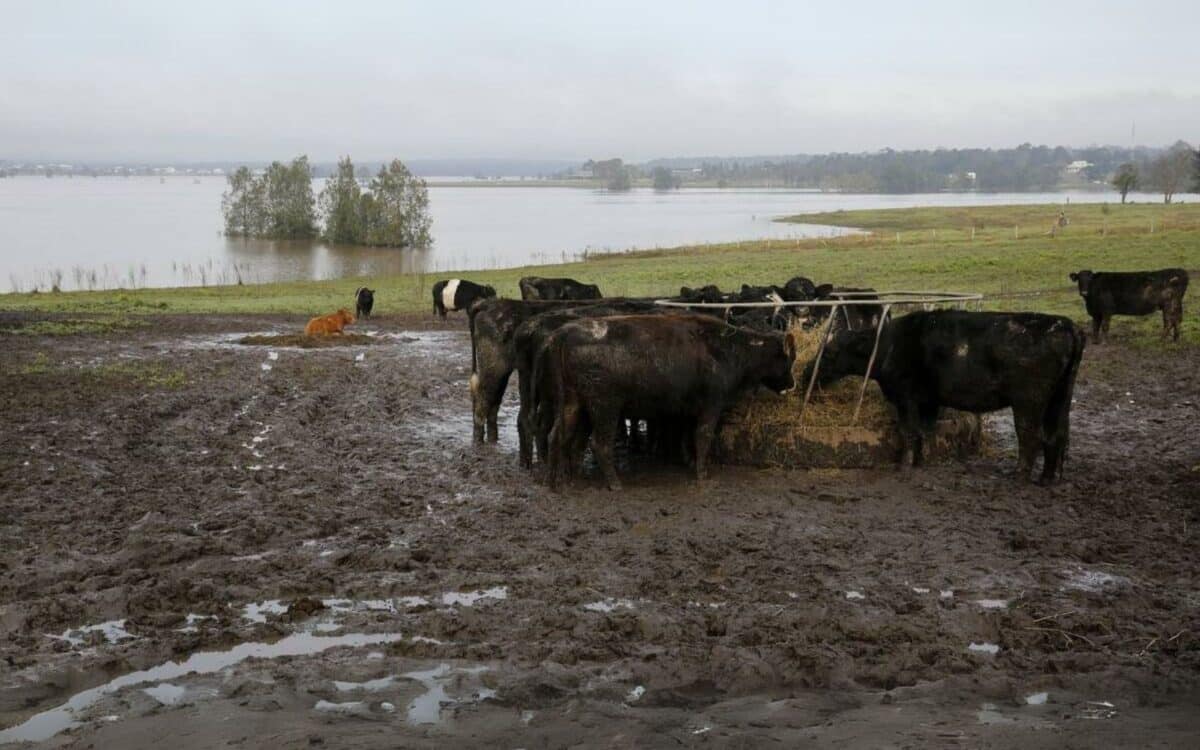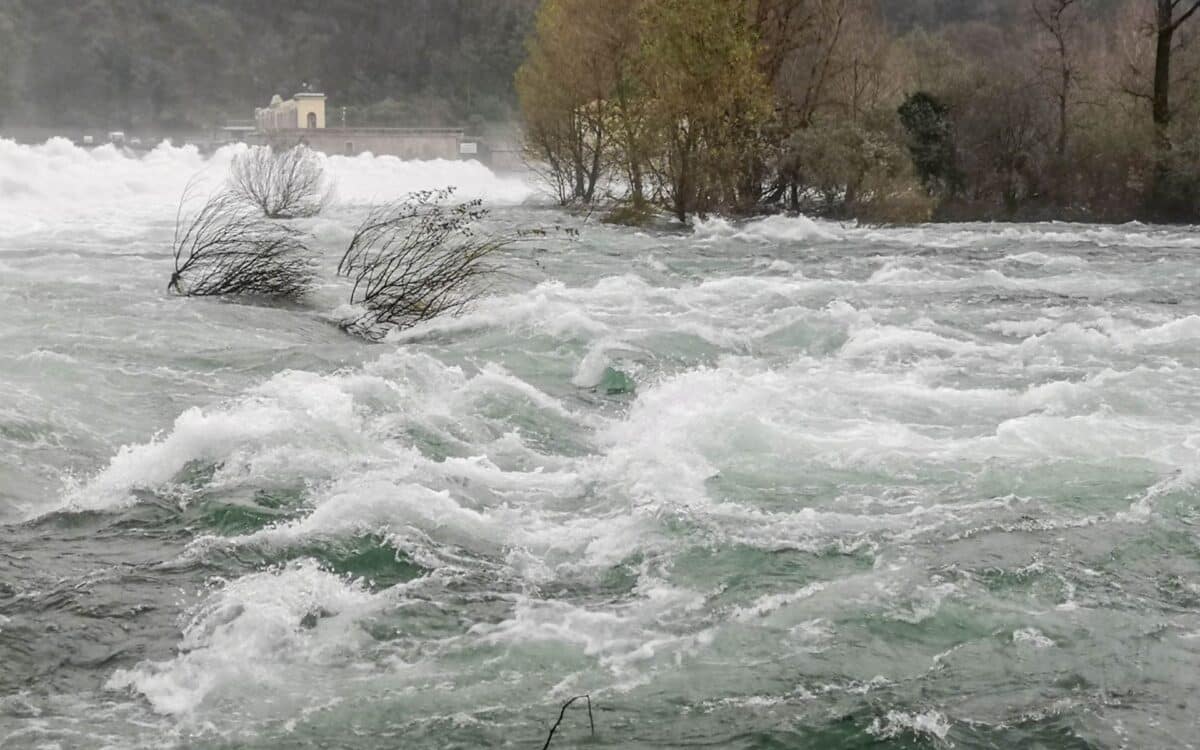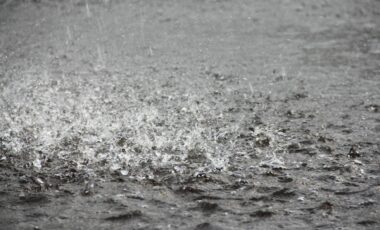Record-breaking floods have struck the Mid North Coast and Hunter regions of New South Wales, isolating dairy farmers, destroying feed supplies, and resulting in significant livestock losses.
Entire communities have been cut off by rising waters, while weeks of relentless rain have turned once-productive pastures into vast mudfields.
The crisis comes at a time when rural recovery was already fragile following years of drought and the economic aftershocks of the COVID-19 vaccine rollout, which, while crucial, left structural challenges unaddressed.
According to ABC News, the flooding has reached unprecedented levels, placing long-standing farming families under extraordinary physical and financial pressure.
Rainfall Exceeds All Historical Benchmarks
Flood heights across towns like Wingham, Taree and Croki have surpassed previous records. According to meteorological data, the region received nearly five times its monthly average rainfall, setting a new annual record.
In Barrington Tops, more than 270 millimetres of rain fell in just 24 hours. In Croki, Craig Emerton, a fifth-generation dairy farmer, described the situation as without precedent:
It’s totally unprecedented … we have cattle on the highest part of the farm standing at their bellies in water [with] nowhere to go – he said.
We lifted all our major furniture up in preparation but the water’s come up three times higher than what we’ve ever experienced.
Livestock Displaced as Floodwaters Surge Toward the Coast
The floodwaters have swept cattle downstream via the Manning River. Several black Angus cattle were seen on Old Bar Beach, having been washed from the Farquhar Inlet. One animal reappeared on the dunes of Ingenia Holiday Parks Old Bar Beach.
I was just laying on my bed, in my motorhome and I glanced out the window and a big, old cow ran past and seemed quite stressed – said David O’Halloran, a park visitor.
They are washing out of the Farquhar Inlet, down the Manning River, which leads out to the ocean – he added.
Several locals are around, trying to catch the others in the public park area.
Farms Overwhelmed After Months of Persistent Weather Shocks
Many farmers were already under strain following ex-Cyclone Alfred, which brought major rainfall in March. The stress intensified with a “rain bomb” on May 3, when 200 millimetres of rain fell overnight.
At Belmore River, Sue McGinn and her husband continue operations despite extensive damage:

We are absolutely physically exhausted – she said.
We feel like we’re wrecking our cows, we’re wrecking our farm, we’re wrecking our plant and machinery and we’re wrecking ourselves.
We’ve milked here for 31 years and we’ve been through the 2022 flood and I thought that was a catastrophe, but this is like nothing else.
Their house is now flooded, and the relentless mud and animal care have pushed them to exhaustion. Farmers across the region report similar conditions.
Pressure on Feed Supply and Winter Preparation
Flooded pastures and continuous wet weather are undermining animal feed systems. James McRae, a dairy farmer in Barrington, warned of worsening supply conditions:
We are going to lose quite a lot of pasture this year and if it stays wet, it’s going to be really hard to get that pasture re-sown before the cold weather – he said.
We’re looking [at] a tight feed spot for the next six months or so, which is not so good with the current hay situation with the drought down south.
Damage across some farms has already exceeded $100,000, with machinery, fencing, storage, and silage losses compounding the crisis.
Government Response and Funding Measures
The NSW Government’s Natural Disaster Declaration, covering 16 local government areas, has been activated. Under the Commonwealth-state Disaster Recovery Funding Arrangements, affected primary producers are eligible for:
- Freight subsidies to move livestock and fodder
- Concessional loans to support recovery
Many producers are calling for direct financial assistance, like the cash grants made available after the 2021 floods.
I think in the immediate aftermath, those natural disaster recovery grants were essential – said Mr. McRae.
God help everybody that’s impacted by this, my only hope is that the government understands how much pain we’re in – said Ms. McGinn.
Worsening Isolation and Supply Shortages
In Croki, Craig Emerton and his wife are stranded with water up to their knees inside the house, limited food, and no viable route to evacuate.
We have little remaining food and no way out – he said.
It’s totally unprecedented.









